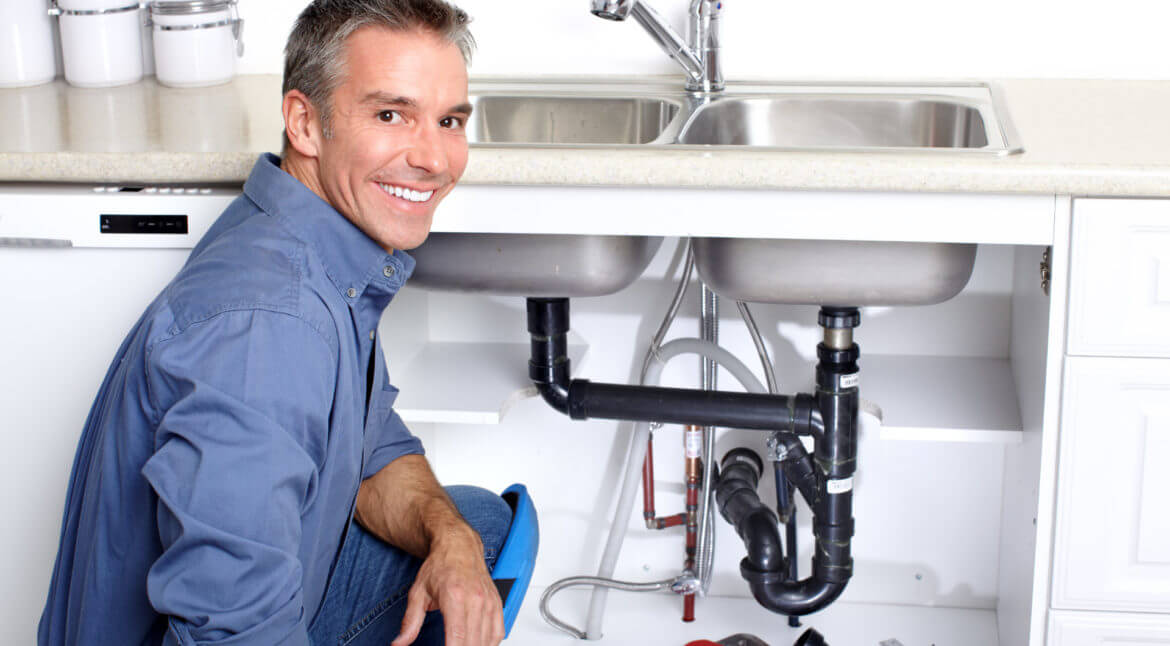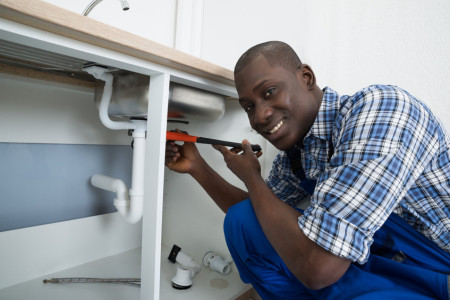Quick Solutions for Critical Situations Until A Plumber Arrives
Quick Solutions for Critical Situations Until A Plumber Arrives
Blog Article
In this article down the page yow will discover additional high-quality ideas all about Expert Tips for Emergency Plumbing Repairs.

Pipes emergency situations can strike at any time, causing stress and possible damages to your home. Whether it's a burst pipe, a clogged drain, or a leaky faucet, knowing how to manage the situation until a professional plumber arrives can save you from further complications. This write-up gives crucial emergency situation plumbing suggestions to help you reduce damage and regain control throughout a plumbing crisis.
Turn Off the Water Supply
The first step in any kind of pipes emergency is to shut down the water. For localized issues, such as a leaking faucet or toilet, turn off the valve near the fixture. In the case of a major leak or ruptured pipeline, locate your home's main water shut-off valve and transform it off quickly. Knowing the location of these valves in advance can conserve beneficial time throughout an emergency.
Address Small Leakages with Short-lived Solutions
Small leaks can swiftly become considerable issues if left uncontrolled. Make use of these short-lived repairs up until professional help shows up:
While these solutions aren't permanent, they can help reduce water loss and damages.
Unclog Drains Pipes Safely
A stopped up drainpipe can be an aggravating and untidy problem. Here's how to tackle it:
If these techniques do not function, avoid using too much pressure, as it may aggravate the clog.
Manage Overflowing Toilets
An overflowing bathroom can create immediate mayhem. Right here's what you need to do:
Turn off Your Hot Water Heater
In certain emergencies, such as a ruptured pipeline, it's important to shut off your hot water heater. This prevents getting too hot or damages to the system when water quits flowing. Switch off the power supply to the water heater (electrical or gas) and allow it cool off to stay clear of potential risks.
Momentarily Stop a Ruptured Pipeline
A burst pipeline can result in significant water damage in mins. To alleviate the issue:
Call an expert plumbing promptly to deal with the trouble permanently.
Deal With Frozen Piping Thoroughly
In chillier environments, frozen pipelines are an usual emergency. If you presume a frozen pipeline:
Stop Further Damages
Taking quick action to decrease damage can conserve you time and money over time. Below's exactly how:
. Have an Emergency Situation Pipes Package
Prepare a fundamental plumbing emergency situation set to deal with small problems effectively. Your package should consist of:
Having these devices available can make a substantial difference in your capacity to handle emergencies.
Know When to Call an Expert.
While quick fixes can help momentarily, certain pipes concerns need immediate professional interest. Call a plumbing technician if:.
Quickly speaking to an expert makes certain the problem is resolved properly and prevents additional problems.
Verdict.
Plumbing emergency situations can be overwhelming, yet with the ideal knowledge and devices, you can manage the situation properly up until aid shows up. By switching off the water supply, attending to tiny leaks, and making use of temporary repairs, you can minimize damage and maintain your home safe. Remember, these ideas are temporary options; constantly consult a qualified plumbing professional to handle the root cause of the issue. Preparation and quick reasoning are your best allies in any type of pipes emergency situation.
8 Helpful Tips for Managing Plumbing Emergencies at Home
If your plumbing system hasn’t failed once, wait for it because almost everyone has a story to tell. Sometimes, it could be simple emergencies such as a leaking pipe, a blocked cistern, or even a big burst pipe. In situations like this, you need to have some handy tips to save you some money and from possible damages.
Take care of minor issues early.
Sometimes, you could have avoided an emergency by taking proactive measures while it was still early. Some major plumbing emergencies can be a result of an ignored minor issue. We recommend that you have items like plumbing tapes and other related items. A plumbing tape can allow you to manage minor leaks before the plumber arrives.
Cut off the water supply.
This tip is essential in almost any type of leakage problem. For problems like minor leakages in the toilet or kitchen, turn off the supply that takes water to the affected pipes. If the leakage is a major pipe, you must shut off the supply valve to the entire building. This will help you avoid flooding your home and neighbors if you share a flat.
Know your plumbing system
Folks typically move into a new apartment without understanding the water supply around the building. This can prove disastrous if a water emergency arises and the plumber is far away. The previous tip will prove useless if you don’t practice this one. More importantly, know where your water shut-off valve is located – you’ll need that knowledge to prevent potential home floods.
Have some common handy tools
There are lots of plumbing emergencies that you can handle without hiring a plumber. That’s why you must keep some tools available always. Some tools that you can use to fix simple plumbing emergencies easily include plumbing tapes, screwdrivers, thread seal tapes, plungers, pliers, tape measures, and rubber gloves.
Insulate your pipes from cold
You’ll save yourself from many plumbing expenses if you protect your water pipes from the cold. This is because of the harmful effects that cold weather can have on your pipes. During winter, your pipes can burst from being overly expected to freezing temperatures. So, make sure insulators are there to keep the pipes working correctly.
Avoid practices that will clog your toilet.
Many people indulge in practices that can damage the plumbing system of the entire building. One of these is when they use their toilet to dispose-off garbage. They flush all kinds of things, such as paper towels, bandages, hairs, female sanitary products, etc., down the toilet. This will block your toilet in the long run, incurring unnecessary expenditures. Dump such waste in the trash instead.
Check your dials regularly.
Sometimes, there could be leakages in your home without noticing them in time. So, constantly monitor your water meter dial. If the dial is reading when there is nobody using water, this is an indicator that there is leaking. Check for leaks immediately. Call a plumber as soon as possible if you can’t find any.
https://www.constructionplacements.com/8-helpful-tips-for-managing-plumbing-emergencies-at-home/

We were introduced to that write-up about What to Do During a Plumbing Emergency from a pal on our other blog. Are you aware of another individual who is fascinated about the topic? Why not promote it. I praise you for your time. Don't hesitate to visit our site back soon.
This Page Report this page